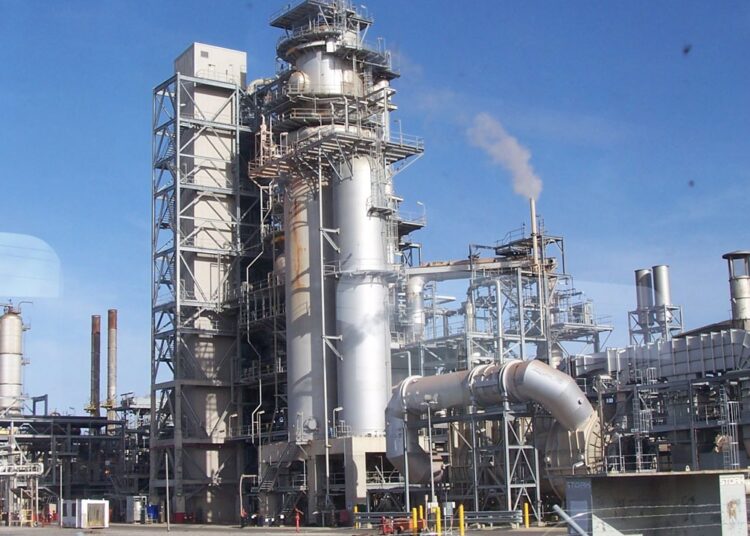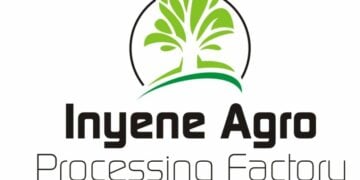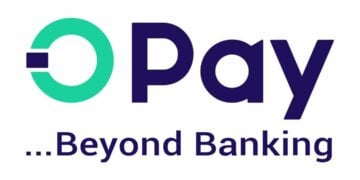T he commissioning of 650,000 barrels per day Dangote Refinery & Petrochemicals is a long awaiting dream of Nigeria and Dangote Group and a game-changer.
It is a testament to Dangote Group’s vision, dedication, and unwavering commitment to excellence as well as the re-emphasis of private sector support for economic growth in the country.
As Dangote Cement plant in Obajana, Kogi state, stands as the largest in Sub-Saharan Africa and today, the Dangote Refinery is the continent’s largest single refinery.
The president of Dangote Industries Limited, Aliko Dangote is a man driven by ambition, and this refinery is a testament to that. Its impact will reverberate through various facets of Nigeria’s economy.
One striking consequence is the production of better fuel for Nigerians. Currently, the petrol imported into Nigeria exceeds the country’s regulatory limit for sulfur content by almost tenfold. This high sulfur content corrodes engines and emits harmful emissions. However, thanks to Dangote, we can expect happier engines and healthier drivers.
Dangote disclosed that the newly commissioned 650,000pbd refinery would employ over 100,000 Nigerians youths as well as generate over $21 billion, therefore saving the country huge forex, that would have been used for fuel importation.
The company, according to him, now has over 33,000 employees. Much to the excitement of Nigerians, Dangote said the commissioning has marked the beginning of the new journey of the self-sufficiency in refined petroleum products and exportation of same just as been achieved in Cement and lately fertilizer.
Dangote lamented that the current fuel crisis has had negative impact on the nation’s economy and that informed his decision to build a world class refinery that would change the trend and that though faced challenges but decided to trudge on.
He highlighted events leading to his firm deciding to build its own refinery after his attempt to acquire one of the existing moribund did not materialise noting that he decided to change marketing strategy and settle for gigantic project ever undertaken by an individual world over.
According to him, the refinery plant would be run at the highest effective and efficient level for maximum benefits to all Nigerians noting “we will replicate what we achieved in cement and fertilizer by attaining self-sufficiency and becoming net exporter.
Dangote assured Nigerians that 40 per cent of the production capacity will be available for export with the coming on stream of the plant guaranteeing raw materials for plastic, and pharmaceutical industries.
President Mohammadu Buhari had congratulated Dangote Group, saying “the 650,000 barrels a day of crude which will enable our country to achieve self-sufficiency in refined products and even have some supplies for export.”
He said, the government and people of Nigeria are proud of the doggedness and tenacity of Dangote as entrepreneur.
“This feat at this time of the nation’s economic development clearly made this event a notable milestone for our economy and the game changer for the downstream petroleum products not only for Nigeria but the entire African continent. Dangote Group has helped transform our economy from heavy import dependence to a net exporter in some critical industries, including cement and Fertiliser,” the President said.
Governor of Central Bank of Nigeria (CBN), Godwin Emefiele stated that, “given its processing capacity, the Dangote Refinery is more than able to meet all of Nigeria’s domestic fuel consumption; whilst the excess production will be available for export.
“This will not only aid our domestic petrol needs, but also help in generating export revenues for our country. The refinery is designed to process not only the Bonny Light grade of crude oil, but also process a wide variety of other crude streams including many from Africa, some Middle Eastern streams, and the US Light Tight oil. More importantly, the refinery can deliver all types of liquid products including gasoline, diesel, kerosene, and aviation jet fuel.”
According to CBN Governor, under President Muhammadu Buhari’s leadership, this seemingly unattainable project has berthed and, correspondingly, under the incoming administration of President Bola Ahmed Tinubu, Nigeria will cease importing petroleum products, fertilizer and petrochemical that drained over $26 billion in forex in 2022.
“The self-sufficiency in refined petroleum, urea, and polypropylene, which Nigeria has attained with this project is a strong testament to how leadership, dedication, focus, commitment, and resilience has helped Nigeria in its drive towards import substitution and export orientation,” he said.
Emefiele further said, the take-off of this refinery comes with numerous economic benefits to Nigeria, saying “it will generate thousands of direct jobs and millions of indirect jobs, with over 135,000 permanent jobs. I am also proud to state that the project will generate up to 12,000MW of electricity.”
He added that “more importantly, this project avails Nigeria with significant savings both in terms of foreign exchange and in easing the fiscal burden on the federal government. Available data at the Central Bank of Nigeria as of 2014, shows that at least 30 percent of the foreign exchange required to meet Nigeria’s import needs went into the importation of refined petroleum products.
“It is instructive to note, distinguished guests, that according to the balance of payments statistics, the cost (including freight) of petroleum products imports into Nigeria doubled over a five-year period from about US$8.4 billion in 2017 to US$16.2 billion, indicating an annual average of US$11.1 billion, before rising further to US$23.3 billion by end-2022.
“At this rate, the average annual cost of petroleum products imports to Nigeria could reach US$30 billion by 2027 if we continued to rely on petroleum imports. These figures suggest that the refinery could engender foreign exchange savings to the country, of between US$25 billion and US$30 billion annually.”
He pointed out that, aside from the nearly US$30 billion foreign exchange savings from the reduction in petroleum imports, the economy is projected to benefit an extra US$10 billion of foreign exchange inflow annually through the export of refined petroleum products, which will further boost our official reserves and enhance exchange rate stability, saying, this project will equally provide support to the fiscal operations of the government as it could help ease budget constraints of funding the petroleum subsidy and engender fiscal savings.
Director-general, Lagos Chamber of Commerce and Industry (LCCI), Dr. Chinyere Almona said: “by commissioning this refinery, Dangote Group has not only expanded its operational capacity but also solidified its position as a key player in the energy industry.
“We believe this refinery will not only drive economic growth in the country but also play a crucial role in meeting the increasing energy demands of our society home and abroad.”
Almona noted that, “as Dangote embarks on this new phase of operations, we have no doubt that the refinery will become a beacon of excellence in the industry. Your unwavering focus on quality, reliability, and customer satisfaction will undoubtedly set new benchmarks and elevate the standards for others to follow.”
Dangote Refinery is a 650,000 barrels per day (BPD) integrated refinery project commissioned on May 22, 2023 in the Lekki Free Zone near Lagos, Nigeria. It is the Africa’s biggest oil refinery and the world’s biggest single-train facility.





